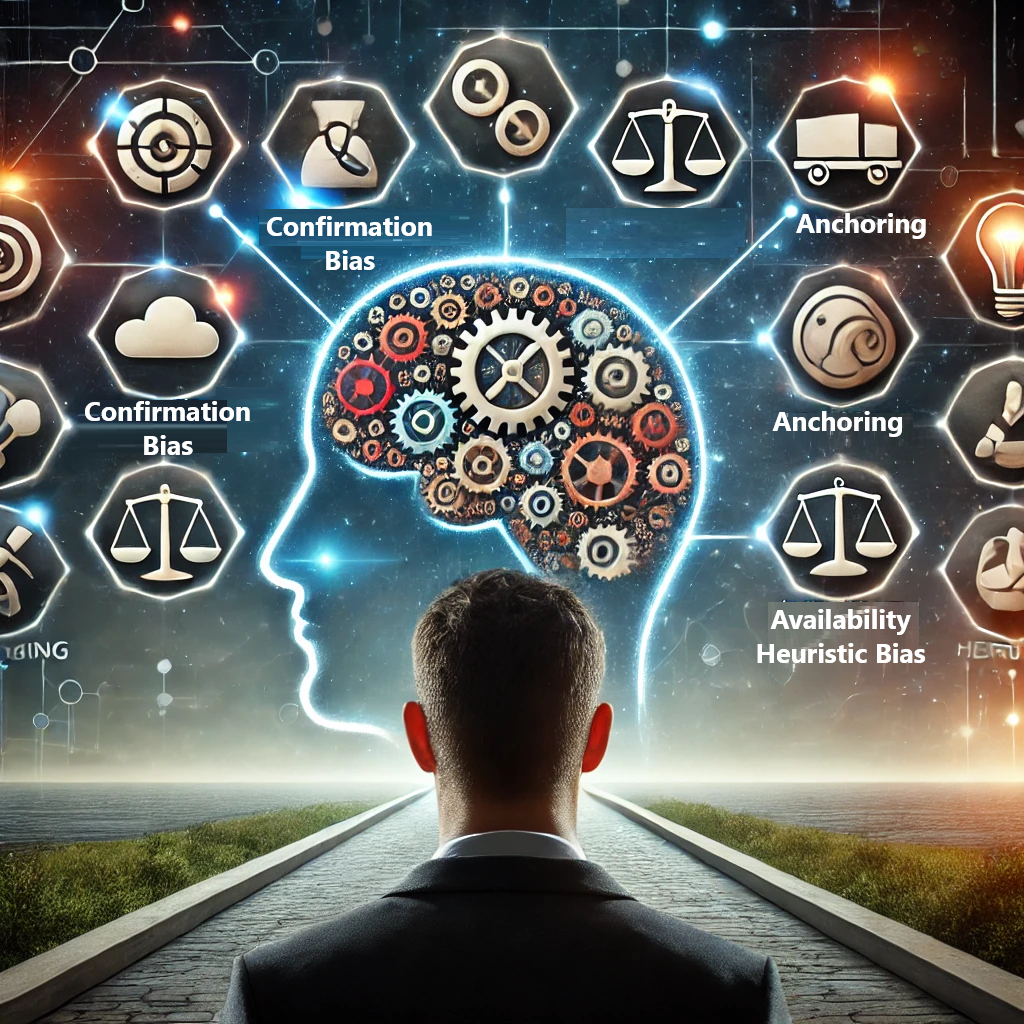What is a Thinking Error?
Article Source:
Google Books: What are Cognitive Biases?

Why You Should Care
Cognitive biases subtly influence our daily decisions, often leading us astray without us noticing. By understanding how these biases work, you can improve your decision-making and avoid common pitfalls that affect everything from personal relationships to professional success.
Answering the Question… What is a Thinking Error?
Cognitive biases are mental shortcuts that our brains use to process information quickly. However, these shortcuts can lead to errors in judgment. Researchers study these biases to understand how they distort our thinking and decision-making, often without our conscious awareness.
How Was the Study Done?
Researchers conducted a comprehensive review of existing literature on cognitive biases, supplemented by controlled psychological experiments. These studies involved tasks designed to reveal how biases operate in different scenarios, including decision-making under stress, social influence, and perception.
What Was Discovered?
- Universal Impact: The study found that cognitive biases are not just occasional errors but are pervasive, affecting nearly every decision we make. Over 90% of participants in certain tests exhibited some form of bias during decision-making.
- Influence on Critical Decisions: Cognitive biases skewed decisions in up to 75% of high-pressure scenarios, such as financial choices and emergency responses. This highlights the significant impact these biases can have in crucial moments.
- Diverse Range of Biases: More than 200 distinct cognitive biases were identified, including the "confirmation bias," which makes people more likely to seek out information that supports their pre-existing beliefs, and the "availability heuristic," where people overestimate the likelihood of events based on how easily examples come to mind.
- Amplification by Environment: The research also showed that external factors like group dynamics and information overload can amplify cognitive biases. For example, in group decision-making scenarios, individuals were 50% more likely to conform to the majority’s biased view, even when it conflicted with their own initial judgments.
- Long-Term Effects: The study discovered that cognitive biases could have long-lasting effects on individuals' perceptions and decisions. For instance, biases formed during childhood could persist into adulthood, influencing behavior in both personal and professional contexts.
Why Does It Matter?
Understanding cognitive biases is crucial because they often lead to flawed decisions that can impact our lives in significant ways. By becoming aware of these biases, individuals can take steps to mitigate their effects, leading to more rational thinking and better decision-making. This awareness is particularly important in fields like healthcare, finance, and law, where biases can have serious consequences.
Here is a link to the article: Google Books: What are Cognitive Biases?
